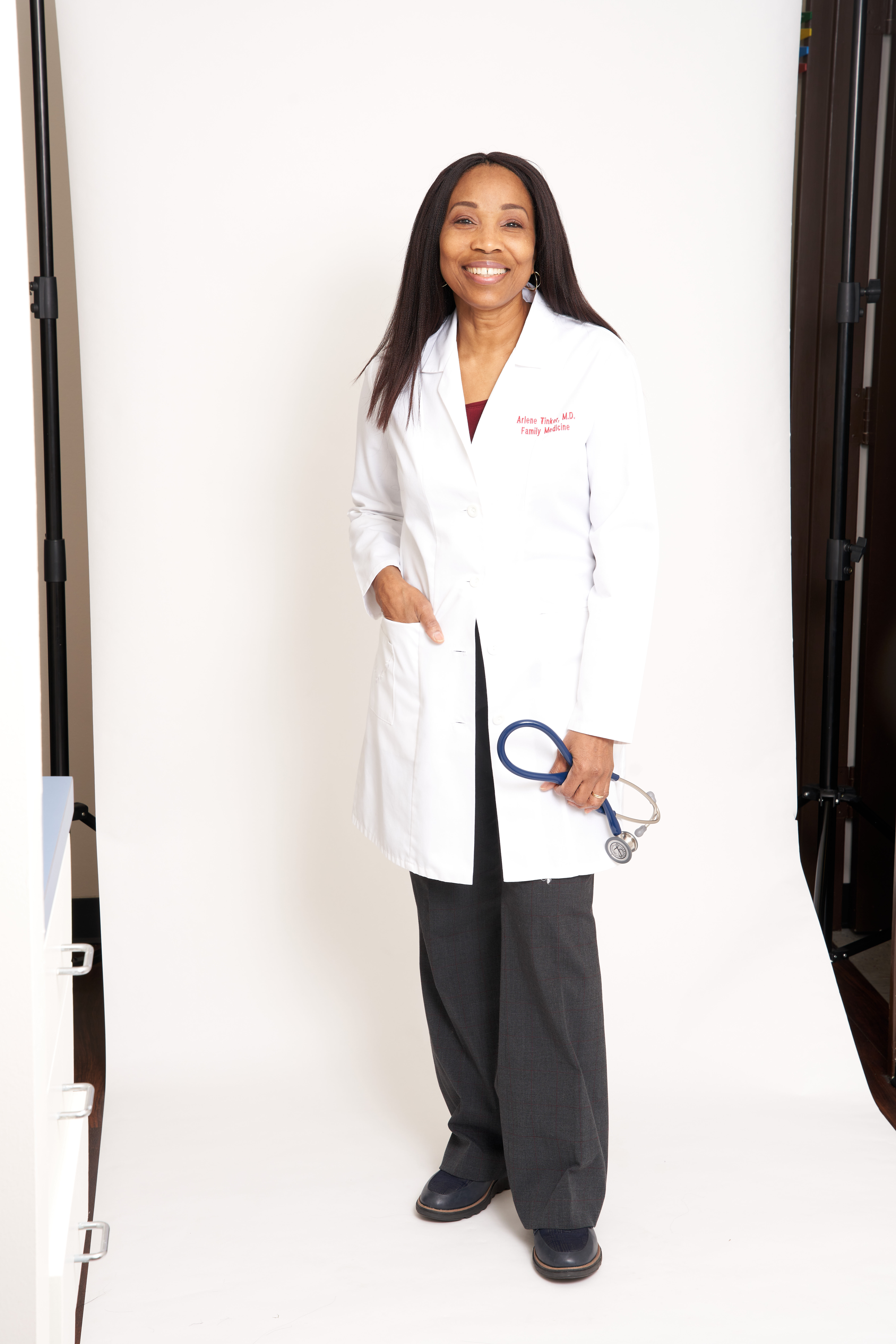Breast Cancer Awareness: Early Detection & Healthy Habits Save Lives

Breast cancer touches nearly every family in some way. While heart disease remains the number one killer of women, breast cancer rightly gets significant attention. The good news? When detected early, breast cancer survival rates are very high. That’s why regular screening and healthy lifestyle choices are so important.
Why Screening Matters
Experts now recommend that women begin mammograms at age 40 and continue every two years until at least age 74. This shift is designed to catch cancers earlier—when treatment is most effective.
Women at higher risk, such as those with a strong family history, genetic mutations like BRCA, or dense breast tissue, may need earlier or additional screening such as breast MRI. Talking with your doctor about your personal risk is the best way to create the right screening plan for you.
The difference early detection makes is striking: when breast cancer is found early and hasn’t spread, the 5-year survival rate is nearly 100%. Once it spreads, survival rates drop significantly. Quite simply, regular screening saves lives.
How Lifestyle Choices Add Up
While no diet can guarantee protection, research shows that daily habits influence breast cancer risk:
- Limit alcohol. Even one drink per day can raise risk.
- Eat the Mediterranean way. Fill your plate with vegetables, fruits, beans, whole grains, nuts, olive oil, and fish to support overall health and lower inflammation.
- Maintain a healthy weight. After menopause, excess weight increases risk—but even modest weight loss helps.
- Stay active. Women who exercise regularly have about a 15–20% lower risk than those who are least active. Just 30 minutes of brisk walking most days, plus strength training a couple of times a week, makes a difference.
Putting It in Perspective
The lifestyle habits that reduce breast cancer risk—eating well, moving often, limiting alcohol, not smoking, and maintaining a healthy weight—also protect your heart. By taking care of yourself in these ways, you’re lowering your risk for two of the most serious health threats women face.
What You Can Do Every Day
- Schedule your mammogram (start at 40, or earlier if you’re high risk).
- Build meals around colorful, plant-based foods.
- Keep alcohol minimal—or none at all.
- Move your body daily: walk the dog, dance in the kitchen, take the stairs—it all counts.
- Talk with your doctor about your personal risk and the screening plan that’s right for you.